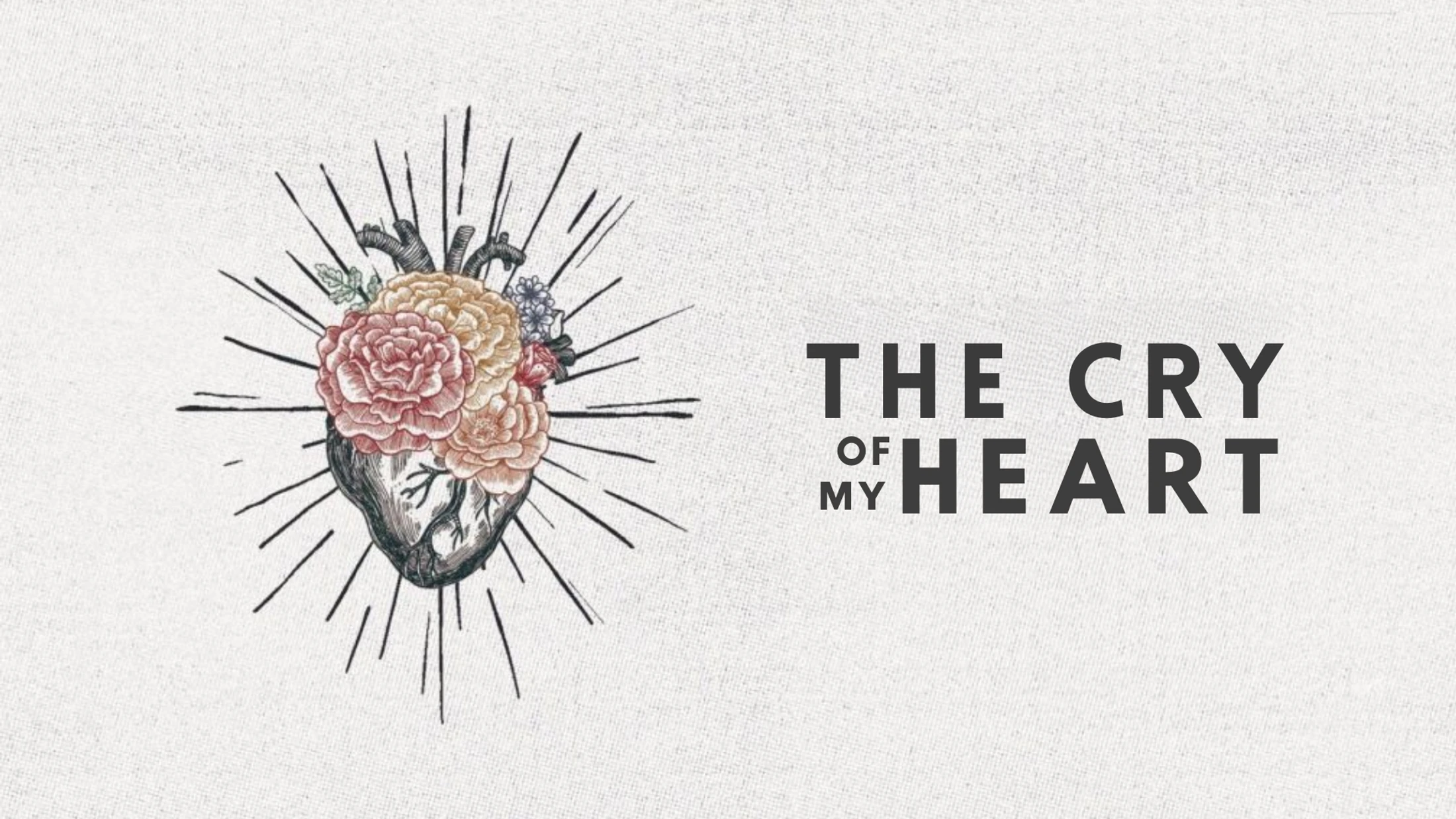The Cry of My Heart
May 25, 2025

Finding Hope in the Darkness: Understanding Mental Health Through Psalm 42
Mental health is a topic that sometimes gets overlooked in church settings, yet it's something many biblical figures struggled with. From Job's deep grief to Elijah's exhaustion, from David's laments to Jesus himself crying out on the cross - the Bible is filled with honest expressions of mental and emotional pain.The Reality of Mental Health Struggles
The statistics around mental health are sobering:- 17 million Americans will experience a mental health disorder this year
- 1 in 5 adults will experience a mental health disorder in their lifetime
- 1 in 20 experience a serious mental health disorder
- 17% of youth ages 6-17 experience a mental health disorder
- 18% of those suffering mask their pain with substance abuse
- 21% of homeless individuals experience mental health disorders
- 37% of incarcerated people have been diagnosed with a mental health disorder
What Does Psalm 42 Teach Us About Mental Struggles?
Psalm 42 gives us a powerful picture of someone in emotional distress:"As the deer pants for streams of water, so my soul pants for you, my God. My soul thirsts for God, for the living God. When can I go and meet with God?"
This isn't a gentle, melodious expression - it's the desperate cry of someone who feels hunted down, near death, thirsting desperately for relief. The psalmist is experiencing what we might call "the blues" or "the dark night of the soul."
The psalmist has an honest conversation with himself: "Why, my soul, are you downcast? Why so disturbed within me?" This reflects the internal dialogue many experience during depression - questioning why they feel the way they do, unable to simply "snap out of it."
Why Do Christians Experience Depression?
Some might think Christians shouldn't get depressed because we have hope in Christ. Doesn't the Bible say "don't be anxious about anything"? Yet many faithful believers still struggle.Depression can have multiple causes:
- Spiritual factors
- Emotional factors
- Mental factors
- Biological/physiological factors
- External stressors or trauma
- Chemical imbalances
- Genetic predispositions
- Living in a broken world
How Does Depression Feel?
The psalmist describes it vividly: "Deep calls to deep in the roar of your waterfalls; all your waves and breakers have swept over me."Depression can feel like:
- Being in a pit or tunnel with no light
- Being caught in a raging river, trying not to get washed away
- Being overwhelmed by wave after wave of emotion
- Feeling stressed out, pressed down, and pulled under
How Can We Respond to Mental Health Struggles?
The psalm gives us several strategies:- Express yourself - Don't suffer alone. Galatians 6 reminds us to "carry each other's burdens." Be honest with trusted people about your struggles.
- Exercise your memory - Remember times when God was faithful. Look through photo albums, recall "bluebird days" when things were better.
- Fill your mind with positive things - As Paul writes in Philippians 4, focus on "whatever is true, noble, right, pure, lovely, admirable, excellent or praiseworthy."
- Expect your future in the Lord - Psalm 43 continues: "Send your light and your faithful care, let them lead me, let them bring me to your holy mountain."
- Take practical steps - Take breaks, go for walks, listen to good music, read uplifting stories.
- Focus on Christ - Remember that Jesus is the "wounded healer" who understands your pain.
The Church's Role in Mental Health
Mental illness can isolate people and compromise relationships. The church should be a safe place where living with limitations is part of our communal reality. We're called to:- Rejoice with those who rejoice
- Weep with those who weep
- Walk alongside those who struggle
- Provide comfort through presence
- Remember that God often comforts the downcast through other people
Life Application
This week, consider how you might respond to mental health challenges - whether your own or others':- If you're struggling, take the brave step of expressing your feelings to someone you trust. Remember that seeking help is a sign of strength, not weakness.
- If you know someone who's struggling, resist the urge to "fix" them. Instead, be present, listen without judgment, and remind them they're not alone.
- Practice filling your mind with positive things as Paul suggests in Philippians 4:8. What media are you consuming? What thoughts do you dwell on?
- Remember Christ's invitation: "Come to me, all you who are weary and burdened, and I will give you rest" (Matthew 11:28). How might you accept this invitation in practical ways?
- How can you help make your church community a safe place for people to be honest about their struggles?
